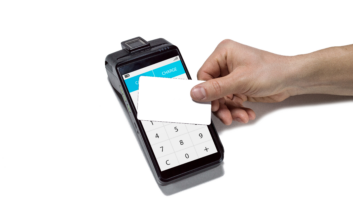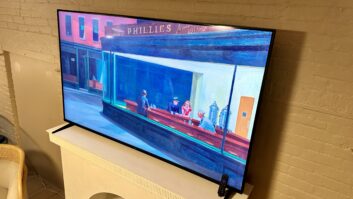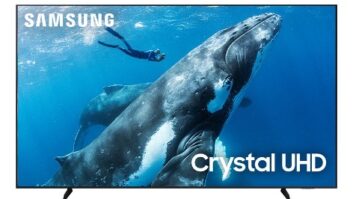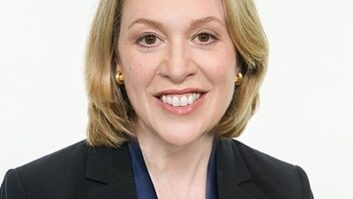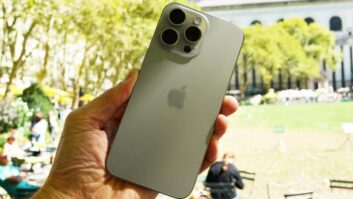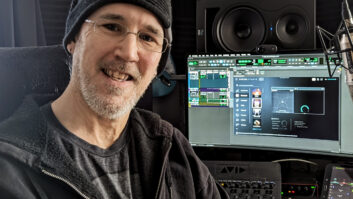New York – The intensity of the National Association of Broadcasters (NAB) campaign to shoot down the proposed XM-Sirius merger, although “probably predictable,” proves the point that satellite and terrestrial radio compete and the proposed merger would not make a monopoly out of a duopoly, Sirius CEO Mel Karmazin contended in an interview with TWICE.
Karmazin said the aggressiveness of the NAB response “makes our argument that we are competing with them, and if we are competing with them, then their message that this is a duopoly becoming a monopoly can’t be true because why are they involved? If it was a market called satellite radio, why should they care what happens to satellite radio if it did not compete with them?”
Sirius has had to step up its lobbying activities to counter the NAB’s aggressiveness, he also said. “We had not really had a Washington [lobbying] office. And suddenly, when this thing was announced, the NAB came out firing all of the guns.”
During the interview, which will be appear online and the print edition of TWICE on July 2, Karmazin also said:
- He didn’t expect four hearings in Congress, given that not even the BellSouth/AT&T merger generated congressional hearings.
- The merger announcement “probably created some disruption at retail” and that Sirius has tried to minimize it, in part with its guarantee that existing radios will continue to work. Nonetheless, Sirius’ net new subscriber numbers continued to grow to account for 66 percent of all net new satellite-radio subscribers in the first quarter and 76 percent of all net new subscribers at the aftermarket level, Karmazin said. Sirius “would be doing even better numbers” if it weren’t for the announcement, he contended.
- As previously stated, the combined entity will offer “more choice, lower prices, and more a la carte”-type subscription plans. “We will be open to giving people not just the ability to block [a channel], but they won’t have to subsidize it,” he said.
- Sirius subscribers will be able to access some XM content on their existing Sirius radios, and vice versa, after the merger. At first, Sirius will port select XM channels to Sirius subscribers without reducing the number of Sirius channels, he said, pointing to Sirius’s ability to use compression and engineering enhancements to add channels to its existing bandwidth.
Fully interoperable radios will also come after the merger, he reiterated.
- Sirius has in the past 12 months “been working with car dealers to engage them more with the customer,” offering such things as hang tags in the car.”
- Sirius has been “experimenting with some [car] dealers” to incentivize car dealer salespeople to sell Sirius subscriptions.
- He met personally with the five FCC commissioners after the Feb. 19 merger announcement but before the FCC’s public comment period, which began this month. Karmazin said he also expects to meet with Department of Justice officials in the future. “I’ve known the five commissioners for a long time. We know what they have an interest in,” he said regarding any concerns they might have.




